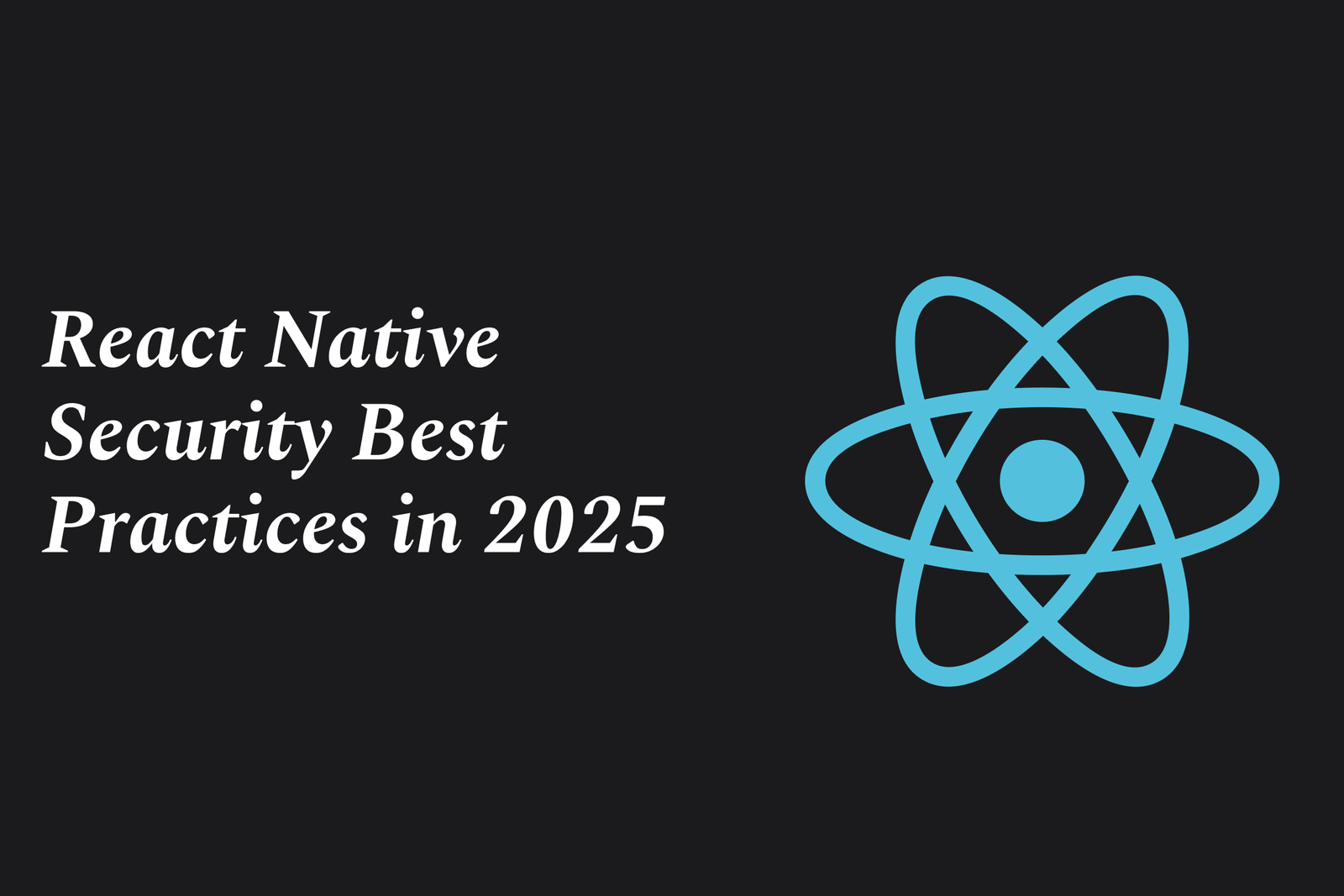React Native Expo SDK ROADMAP FOR 2025
The React Native Expo SDK roadmap for 2025 focuses on enhancing cross-platform app development with improved native code integration, faster deployment, advanced testing, and seamless collaboration—empowering developers to build high-performance, production-ready apps efficiently.
React Native Expo SDK Roadmap for 2025
1 ) Introduction to Expo Ecosystem
Expo and EAS (Expo Application Services) provide a robust ecosystem to develop, review, and deploy universal native apps across Android, iOS, and the web.
Expo is open source, offers a free plan, and is widely adopted for building mobile applications with JavaScript.
The platform aids in app store submissions, developer integrations, and speeding up shipping processes.
Supported use cases include project initialization, running on devices with Expo Go, and native code writing for full API access.
2 ) Development Features and Tools
File based routing and TypeScript support allow easier screen creation with minimal boilerplate.
Fast refresh helps developers see live updates instantly on their device.
Integration with various libraries and ability to write native code without limitations.
Team collaboration through adjustable roles with support for review processes via GitHub PRs and QR codes.
End to end automated testing with Maestro integrated on EAS.
3 ) Deployment and Publishing
Simplified app store builds with automatic submission to Apple App Store and Google Play Store.
Quick bug fix publication enabling updates delivered immediately upon next app launch.
Comprehensive web dashboards for build, submission, and deployment tracking.
Flexible deployment patterns with instant rollback capabilities for safer, faster iteration.
4 ) Professional Service Offerings
Expo supports professional needs such as production like development servers, automatic native code configuration, simulator builds, and file based routing.
Automated app store metadata management and credential handling facilitate app submissions with adherence to store requirements.
Insights on user behavior through integrated analytics help improve application engagement.
Usage based payment model scales with user growth.
5 ) SDK and Platform Improvements
Regular Expo SDK releases maintain up to date support for new React Native features and platforms.
Enhanced developer experience with Apple silicon builders for iOS, automatic version incrementing in CI, and native code integration.
Developer tools such as VS Code extensions, shareable Snack playgrounds, and Discord community support.
Performance improvements target 120 FPS animations and extensive use of universal native modules.
6 ) Expo Community and Resources
Active community on Discord, Reddit, and social media channels providing support and engagement.
Comprehensive documentation, tutorials, example projects, and talks from Expo team members continuously educate and update developers.
Opportunities for developers to contribute to the open source project and engage with Expo's evolving architecture.
Summary
The React Native Expo SDK roadmap for 2025 emphasizes a unified, professional grade ecosystem that enables rapid development, robust testing, seamless deployment, and efficient team collaboration. Expo continues to address previous limitations by integrating native code capabilities, improving performance, and expanding tooling support, making it an indispensable choice for React Native developers building production ready applications across multiple platforms.
https://justacademy.in/news-detail/how-react-native-is-powering-the-next-wave-of-social-apps
https://justacademy.in/news-detail/react-native?s-new-gesture-apis:-what-you-can-build-now
https://justacademy.in/news-detail/how-react-native-is-helping-build-inclusive-apps
https://justacademy.in/news-detail/android-smart-home-integration-updates
https://justacademy.in/news-detail/react-native-zero-to-hero:-what?s-new-for-beginners-in-2025
Related Posts
Java supports GDPR and data privacy by enabling secure data handling through encryption, controlled access, and precise data management. It allows developers to minimize PII exposure, ensure data confidentiality, and design workflows that comply with data protection regulations effectively.
Java code quality tools have evolved to include advanced static analysis, integrated security checks, and AI-powered code reviews. These updates help developers detect bugs, enforce coding standards, and enhance security, streamlining the development process and improving overall code reliability.
Java remains a cornerstone in big tech companies, evolving with modern features like records, pattern matching, and virtual threads. Its robust ecosystem, enhanced performance, and growing AI integrations keep it vital for both legacy systems and innovative new projects.
Java and CI/CD pipeline optimizations streamline Java application development by automating builds, tests, and deployments. They improve efficiency through parallelization, caching, and secure secrets management, enabling faster feedback loops and more reliable, scalable software delivery.
Java supports modern cryptography standards through its flexible Java Cryptography Architecture (JCA), enabling integration of advanced algorithms like AES, EdDSA, and post-quantum tools. Libraries like Bouncy Castle offer FIPS-certified, hardware-accelerated implementations for secure development.
Java 23 enhances record patterns by enabling concise, direct destructuring of record components within pattern matching, simplifying type checks and data extraction. This improvement boosts code readability and expressiveness by reducing boilerplate in handling immutable data classes.
Java remains a top choice for mobile app backends, powering scalable, secure, and high-performance server-side solutions. Latest trends include cloud-native microservices, reactive programming, and enhanced JVM optimizations, enabling efficient, flexible, and robust mobile backend development.
Java SE 24 and LTS Java SE 21 offer enhanced features and performance, while Apache Spark 4.0.0 introduces Scala 2.13 support and advanced ML and SQL capabilities. Together, they empower developers to build scalable, high-performance data applications with modern tools.
JUnit 5 modernizes Java testing with a modular architecture, improved assertions, and seamless Java 8+ support. Beyond JUnit, tools like Mockito and AssertJ enhance mocking and assertions, creating a powerful, flexible ecosystem for writing clean, efficient Java unit tests.
Java plays a pivotal role in cloud automation tools by providing a robust, platform-independent language used to build scalable automation frameworks like Jenkins and Selenium, enabling efficient CI/CD pipelines, testing, and orchestration across diverse cloud environments.










